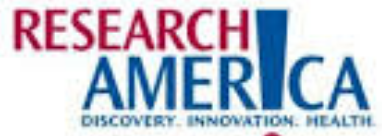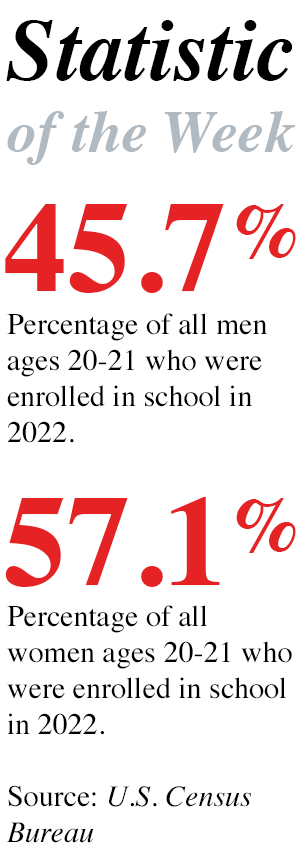Survey Examines the Poor State of Maternal Health in Georgia
Posted on Dec 13, 2023 | Comments 0
 One in 10 Georgians know of someone who has died during pregnancy, at delivery, or soon after birth, and more than half have experienced or know someone who has experienced complications during pregnancy.
One in 10 Georgians know of someone who has died during pregnancy, at delivery, or soon after birth, and more than half have experienced or know someone who has experienced complications during pregnancy.
The data is from a first-of-its-kind statewide survey, commissioned by Research!America in partnership with the Woodruff Health Sciences Center at Emory University in Atlanta, that captured Georgians’ views of the maternal health crisis facing the state, where the rates of pregnancy-related deaths are among the highest in the nation and where Black women are three times more likely to die from pregnancy-related complications than White women.
Among the specific findings of the survey are:
* Substance use disorders (47%), lack of insurance (47%), and mental health (41%) rank as top factors perceived to contribute to an increased risk of maternal mortality.
* People living in rural areas are more likely (65%) to have experienced complications during pregnancy or to know someone who has compared to people in urban areas (56%).
* Georgians say that improving the affordability of maternal health care (73%) and access to health insurance coverage are top priorities (70%) to reduce maternal mortality.
* Many Georgians think that the health care system treats people unfairly at least somewhat often based on whether they have health insurance (79%), how much money they have (65%), their racial or ethnic background (61%), and how well they speak English (61%).
* More than half of Georgians (54%) say the top barrier is that health care is too expensive, even with insurance. Twenty-nine percent say they do not have insurance, while 28 percent face difficulties making appointments due to a lack of available initial and follow-up appointment times.
* More than a third of respondents say that racism is a major obstacle (36%) to people achieving equal health outcomes. African Americans are more likely (49%) to say it is a major obstacle.
“The high level of awareness and concern about the devastating level of maternal mortality we see in this survey of adults in the state of Georgia represents nothing short of a call to action. It is nonetheless heartening to see Georgians’ strong support for action to reverse the discouraging trends, including more coordination of services, and support for more research and for community-based interventions,” says Mary Woolley, president of Research!America.
Filed Under: Research/Study








